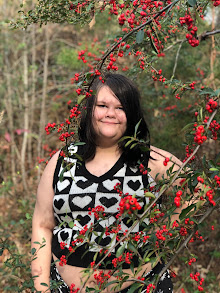I mention this because lately I have run into the word "warlock" with irritating frequency, and in every case it has been misused.
Here follows a brief vocabulary lesson:
Warlock is a verb, not a noun. One may be warlocked. One may warlock another. One is NOT a warlock.
To be warlocked is to be banned from a coven, a community of witches, as an oath breaker. During what we call The Burning Times (aren't we festive??), it was dangerous to be known at a witch, so people took craft names and swore themselves to secrecy, to protect the coven and its collective knowledge. If a person were to make public those secrets, or to act in a way contrary to the coven's law, or endanger the coven and its members, or use their knowledge to the detriment of the community, they could and likely would be warlocked - banished from the coven and the craft, stripped of title and privilege, denied access to resources, and occasionally even ritualistically "bound", cut off from any source of mystical power or deity. Occasionally this meant being marked in some visible way to warn other covens, and banishment from the village as well. It was serious business, not undertaken lightly. Once warlocked, always warlocked, and that could mean a bleak existence, indeed.
If a person today refers to them self as a warlock, I presume they are either ignorant or not to be trusted. As the former is more likely than the latter - I have only heard of one war locking in recent history in MY community - I often undertake to educate the person in question, but it's a losing battle...it seems some folks would rather cling to their Hollywood ideas of witchery than embrace accuracy.
So why do I care? If society accepts the definition of "warlock" as "male witch", why not let it go? For the same reason I would not let it go if society decided that "frog" means "nightingale". It doesn't. No amount of misuse will change it.
A witch is a witch is a witch. Spread the word, would you?











No comments:
Post a Comment